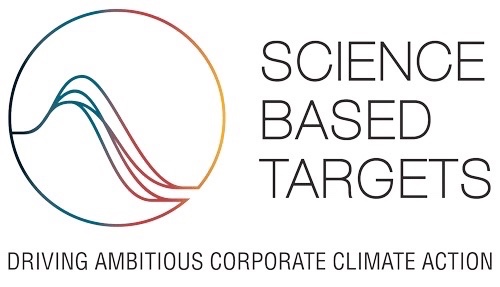Inkjet & Digital Printing
SCREEN Targets 30% Greenhouse Gas Reduction by 2030, Approved by Science Based Targets Initiative

Wednesday 22. April 2020 - SCREEN Holdings Co., Ltd.(SCREEN) announced that SCREEN Groups target to reduce greenhouse gas (GHG) emissions 30 percent by the year 2030 has received an official endorsement from the Science Based Targets (SBT) initiative.
The Science Based Targets initiative (SBTi) is a collaboration between CDP, the United Nations Global Compact, World Resources Institute (WRI) and the World Wide Fund for Nature (WWF), which was established in 2015.
SCREEN commits to reduce absolute scope 1 and 2** GHG emissions 30% by 2030 from a 2018 base year. SCREEN also commits to reduce absolute scope 3** GHG emissions from the use of sold products 20% by 2030 from a 2018 base year.
The targets covering greenhouse gas emissions from SCREEN Groups operations (scopes 1 and 2) are consistent with reductions required to keep warming to well-below 2°C.
SCREEN Groups target for the emissions from its value chain (scope 3) meet the SBTis criteria for ambitious value chain goals, meaning they are in line with current best practice.
SCREEN Group promotes CSR management that emphasizes ESG*** criteria and aims to create a low carbon, recycling-oriented society. Setting the science-based targets is also part of this undertaking. The targets expand on this initiative and implement further measures to address global warming and contribute to the realization of a sustainable society.
* SBT: Science-based targets are emissions reduction targets in line with what the latest climate science says is needed to meet the goals of the Paris Agreement – to limit global warming to well-below 2°C above pre-industrial levels and pursue efforts to limit warming to limit warming to 1.5°C.
** Scope 1: Direct emission associated with fuel consumption and production processes
Scope 2: Indirect emission associated with consumption of power or heat purchased from outside
Scope 3: Indirect emission other than Scope 1 or 2
*** E: Create environmental value and contribute to the development of a low carbon, recycling-oriented society.
S: Promote “decent work” (worthwhile work with high personal satisfaction) and create social value.
G: Governance from both proactive and reactive approaches / Disclosing ESG informations.
